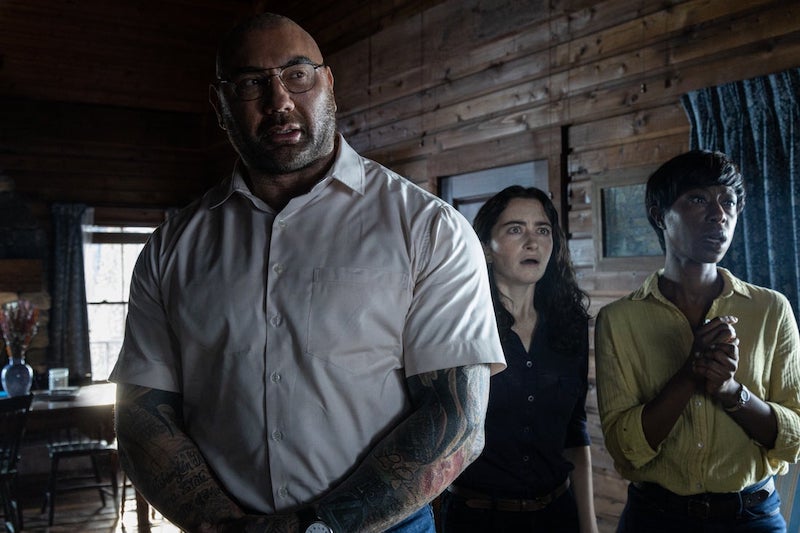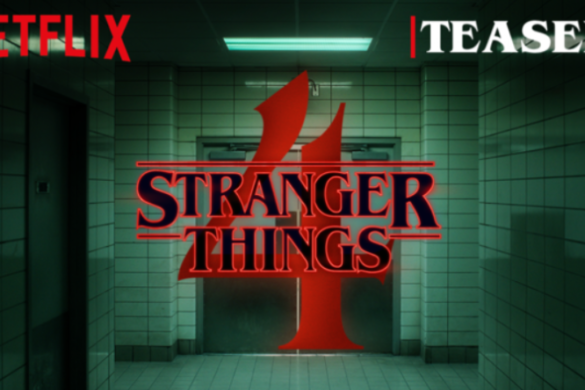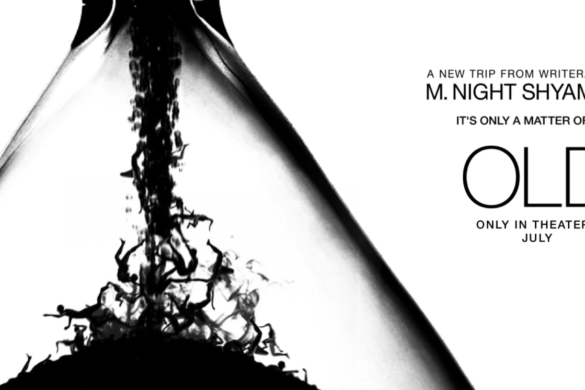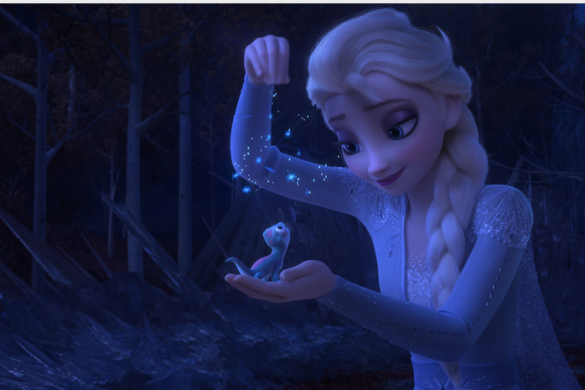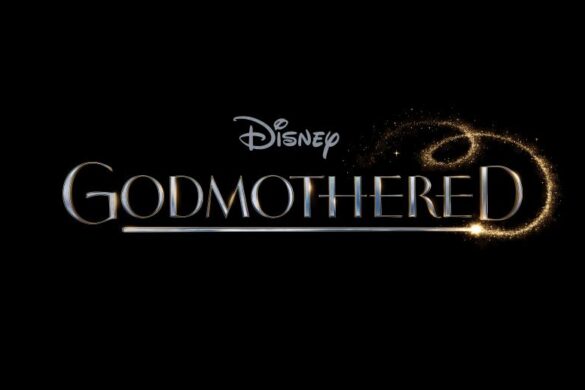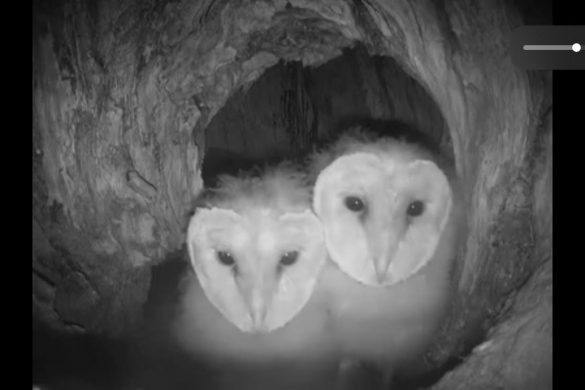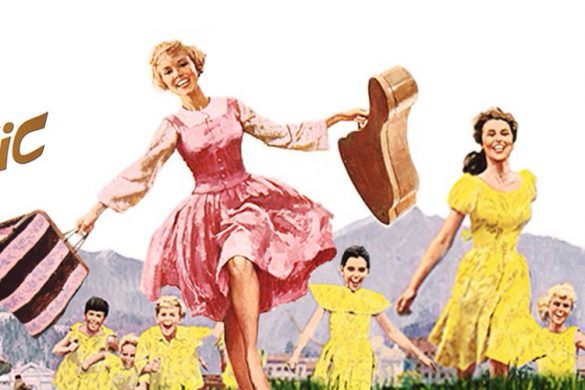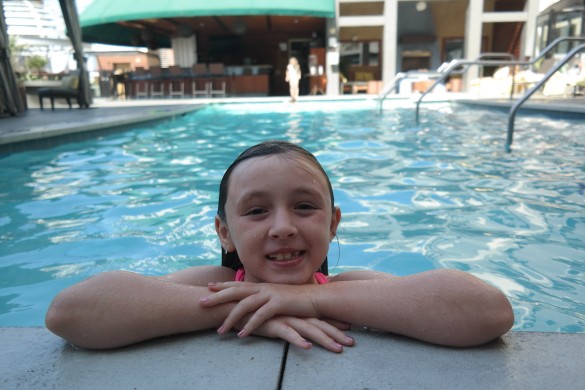It’s tough figuring out what kind of film you’ll get when M. Night Shyamalan is directing. The guy has built his entire filmography on thrillers that explore humanity and adding with twisty endings. Nevertheless, even his worst features can strike a certain kind of chord that connects with audiences. Take, for instance, “Knock at the Cabin,” a contemplative film that puts fate vs. coincidence into question. Fueled by Dave Bautista’s commanding and most humane performance, “Knock at the Cabin” is a claustrophobic unnerving home-invasion thriller at its best and a hollow quasi-faith-based allegory at its worst.
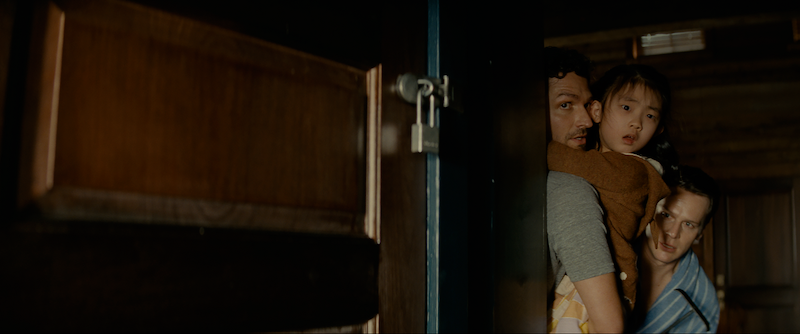
While vacationing in a remote cabin in the woods, Wen (Kristen Cui) and her adoptive fathers Eric (Jonathan Groff) and Andrew (Ben Aldridge), are held hostage by Leonard (Bautista), Adriane (Abby Quinn), Remond (Rupert Grint), and Sabrina (Nikki Amuka-Bird), who believe that the apocalypse is coming. The only way to prevent it is if the family sacrifices one of their own.
Though Eric and Andrew have a hard time believing what Leonard is saying, every time the two refuse to make a sacrifice, one calamity resulting in the deaths of hundreds of thousands occurs. Leonard even tries to convince Eric and Andrew through news reports, but to no avail, as the former dismiss Leonard’s claims as coincidental. Trapped with no way to contact the police or their loved ones, the family bears witness to what happens every time they don’t make the impossible choice. Soon, we start to see that rift between fate and fortuity in the high-strung open-minded Andrew and the temperamental fact-based Eric.
“Knock at the Cabin” is Shyamalan capitalizing on every human’s worst fear of strangers breaking into the very place where one is supposed to feel safe, their home. But, of course, one doesn’t expect a harmless knock to result in a home invasion. And the director retreads some familiar territory as he forces his protagonists to do the unthinkable while realizing that their choice could change the entire world’s fate.
It’s interesting enough to deliberate whether or not what is happening is actually happening. The timing of these acts of the apocalypse is suspect. Still, Leonard and his followers are nonetheless convinced that Eric and Andrew must make the sacrifice necessary to avert the next crisis. But because of Eric’s previous traumas of experiencing acts of homophobia, he is convinced the group is nothing more than a religious group bent on spreading its anti-LGBTQ+ ideals. And the four are connected by an off-screen vision that they saw. Unfortunately, the details of this vision are never shown, and its description is vague at best, which leaves the audience either convinced or skeptical. And it doesn’t help that Andrew suffered a concussion, which leaves them wondering whether or not he actually believes what they are saying or if what he is saying is the result of the head injury.
While “Knock at the Cabin” moves smoothly enough, it is a premise that runs out of steam too soon. As such, there is only so much for audiences to cling to other than Bautista and Cui’s performances and beautiful cinematography. The warm glow perfectly contrasts the dark and ominous prophecies, and the camera angles add a bit of a distressing feel. We don’t need to see what is happening to understand the grim nature of what took place to keep the story moving forward. And that’s fine. Not to mention that most of the movie takes place within the confines of a remote cabin hidden in a forest.
Written by Shyamalan, Steve Desmond, and Michael Sherman, based on the 2018 novel The Cabin at the End of the World by Paul G. Tremblay, “Knock at the Cabin” the film doesn’t offer much room for its characters to develop. Of course, with a 100-minute runtime, it moves through the story as quickly as its one-dimensional characters are removed. But how they stalk the family before they break in and how characters are taken out of the picture leaves an unnerving feeling and creates the kind of tension that makes one wish Eric and Andrew choose so that we can see whether or not there’s any truth to Leonard’s divination.
And the divination, though alarming, runs its course. Revealing why each apocalyptic catastrophe happens would spoil the fun. Often, Leonard and his crew are heard repeating the same apocalyptic spiel repeatedly. And what’s that saying about insanity? Doing the same thing over and over again, expecting different results. The same thing is done over and over again, with the hope that Andrew and Eric will make that impossible decision to sacrifice one or the other. It is little for us to care about because Andrew and Eric continuously make the same decision, leaving Leonard and his group to say and do the same thing.
For what it’s worth, that repetition doesn’t happen for 100 minutes straight. A few flashbacks to Andrew and Eric’s story add some exposition and emotional nuance to the film’s totality. We better understand why Andrew is so empathetic while seeing why Eric may be justifiably hostile due to some traumatic events. He is driven to prove others wrong using facts and evidence. So it makes sense that he is less inclined to believe in something that seems to be strongly tied to faith or religion.
The trouble with a film like “Knock at the Cabin” trying to create that thematic dichotomy of faith vs. fact is that the film solves that argument by the end. And it doesn’t lean nearly far enough into the clashing morality of whether or not to make the impossible decision to sacrifice the other to avert the apocalypse. Of course, there’s no point in telling which way it goes, but it robs one’s truth from the other rather than leaving it ambiguous.
Though “Knock at the Cabin” may be a bit uneven sometimes, there are still some likable aspects. One thing is it puts two gay dads as the leads and portrays them as the average modern-day family, never playing up any outdated tropes and speaking the truth about what they may experience from their family or strangers. Groff and Aldrige are a loving couple who would do anything for each other and even more for their daughter.
Another of the film’s strengths is Bautista and Cui, both of whom have a fantastic and gripping exchange that acts like a cautionary tale about stranger danger.
Despite some of its flaws, “Knock at the Cabin” sees Bautista at his best and hinges on its ensemble cast to give us something that is filled with tension. It may not work out all of the time, but you can count on Bautista and Cui’s performances, as well as Jarin Blaschke’s cinematography, to keep us wondering if the right choice will be made.
7/10
In theaters February 3, 2023.

